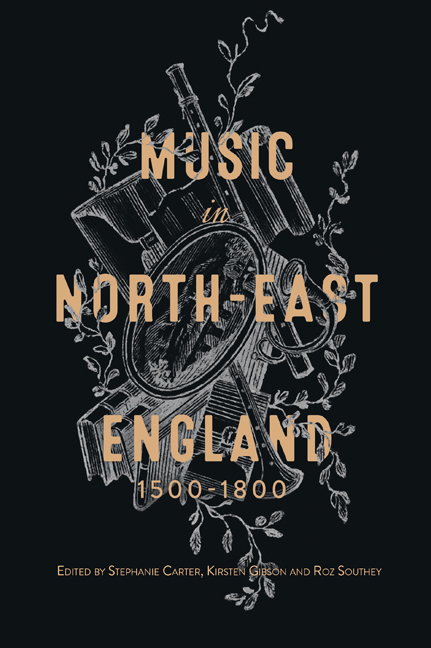6 - The York Antiphonal: History, Liturgy and Use in the Late Fifteenth Century
Published online by Cambridge University Press: 17 November 2020
Summary
In the late Middle Ages, York Minster, as the cathedral church of the Diocese of York, must have been the setting for liturgical and musical activity on a grand scale. The cathedral was the seat of the Archbishop of York and had one of the largest cathedral chapters in medieval England, along with a complementary body of lesser clergy, vicars choral, cantarists and choir boys, all tasked with performing Mass and the Divine Office. The late medieval liturgical programme at York Minster has been relatively neglected in studies of English medieval liturgy and music, but a new assessment can be made through the examination of a surviving fifteenth-century manuscript antiphonal. The manuscript belonged to the Chapel of St Mary and the Holy Angels, a large collegiate chapel located in the area of the archbishop's palace, on the north side of York Minster. The institutional relationship between chapel and minster was characterized by the reciprocal transfer of personnel and the overlapping of their liturgy, which this chapter explores. Placing the manuscript within its institutional context enables consideration of the liturgical purpose and function of the Chapel of St Mary and the Holy Angels, and how these relate to the community and liturgy of York Minster. Furthermore, this chapter seeks to address how the York Antiphonal forms an integral part of the medieval history of the liturgical Use of York.
❧ Liturgical Books of the York Use
There are several types of books which, in combination, make up the books of a liturgical ‘use’, but they can be split into two main categories: firstly, books used within church services, containing the texts and music for Mass (the missal and gradual), and for Office (the breviary and antiphonal); secondly, books that regulate the rites, but have no direct place in the service itself (cus-tomaries, ordinals, processionals). The ‘York Antiphonal’ could therefore be a term referring to one genre of book, of which there would have been a great number of individual copies used across the Diocese of York; however, in this case, the term refers to an individual manuscript. GB-AR MS s.n. is both the sole surviving liturgical manuscript that belonged to the Chapel of St Mary and the Holy Angels, and also the only extant copy of any antiphonal from the Diocese of York, in either manuscript or print.
- Type
- Chapter
- Information
- Music in North-East England, 1500–1800 , pp. 111 - 126Publisher: Boydell & BrewerPrint publication year: 2020



